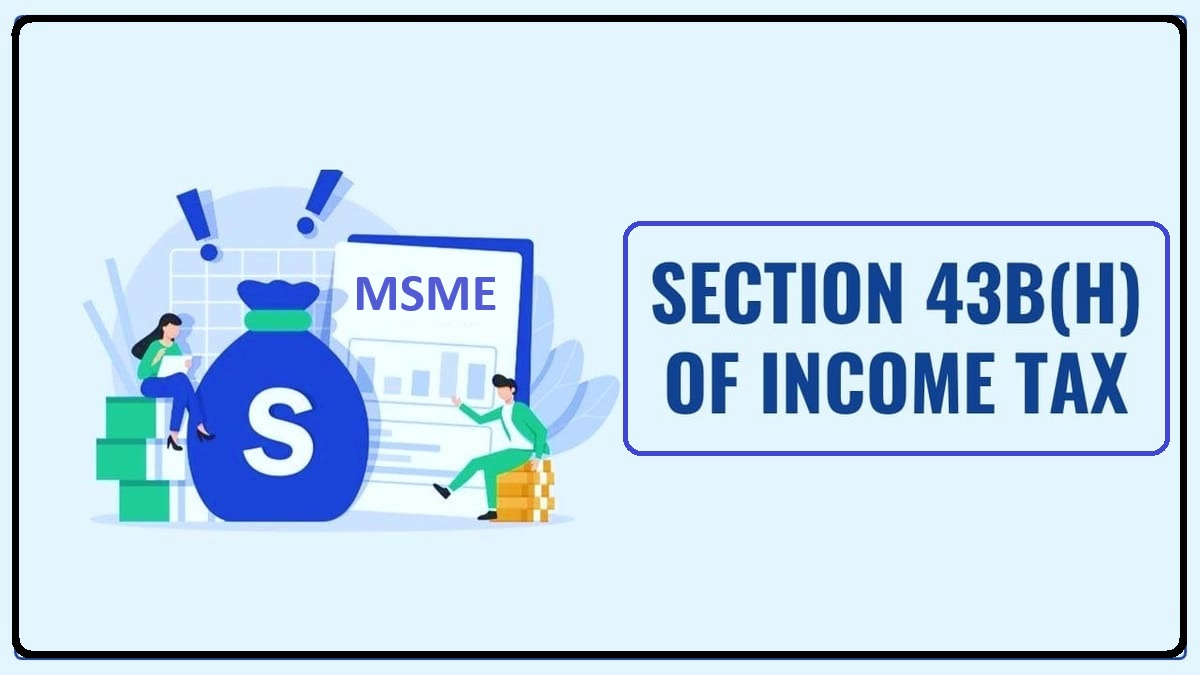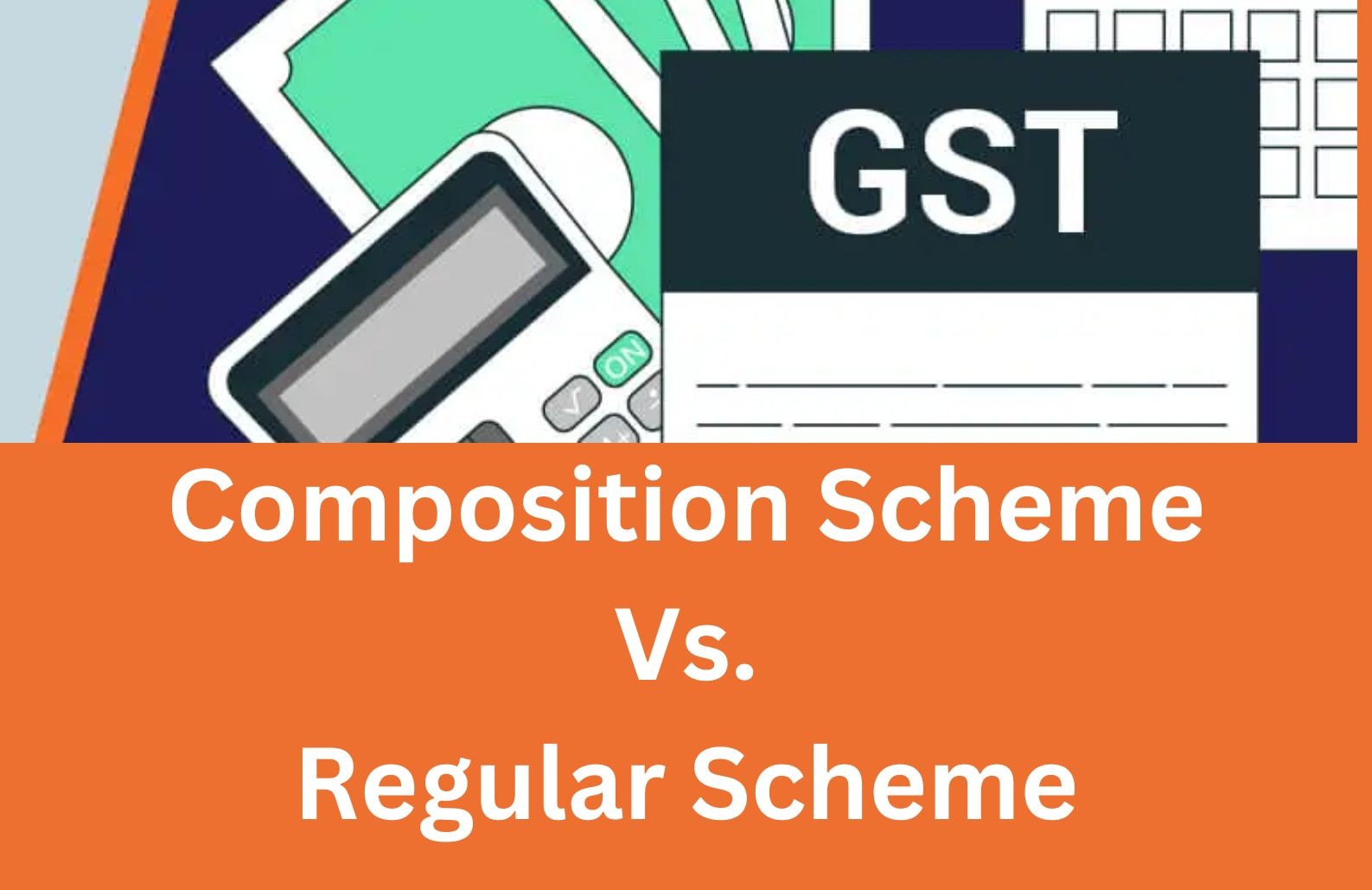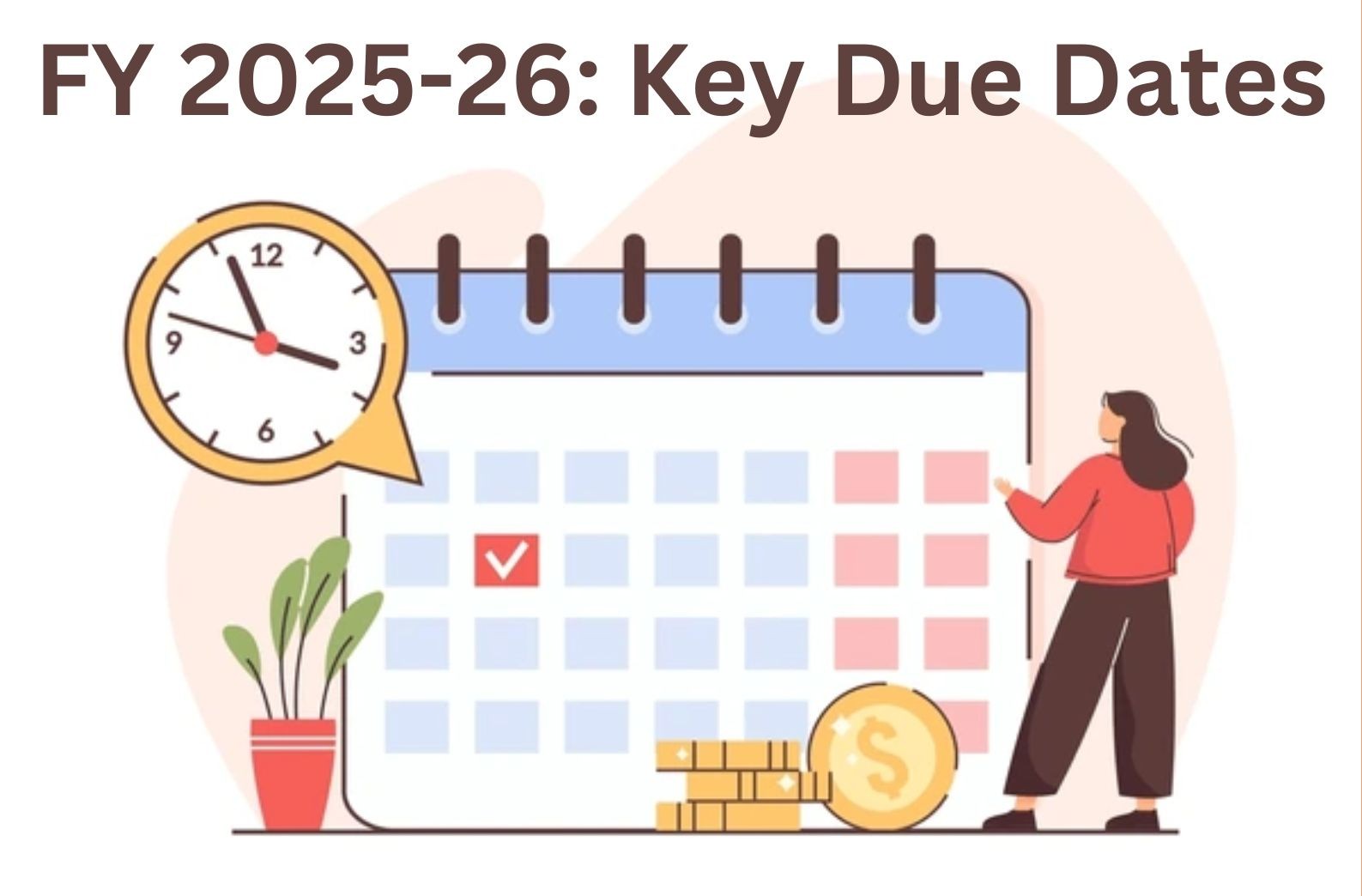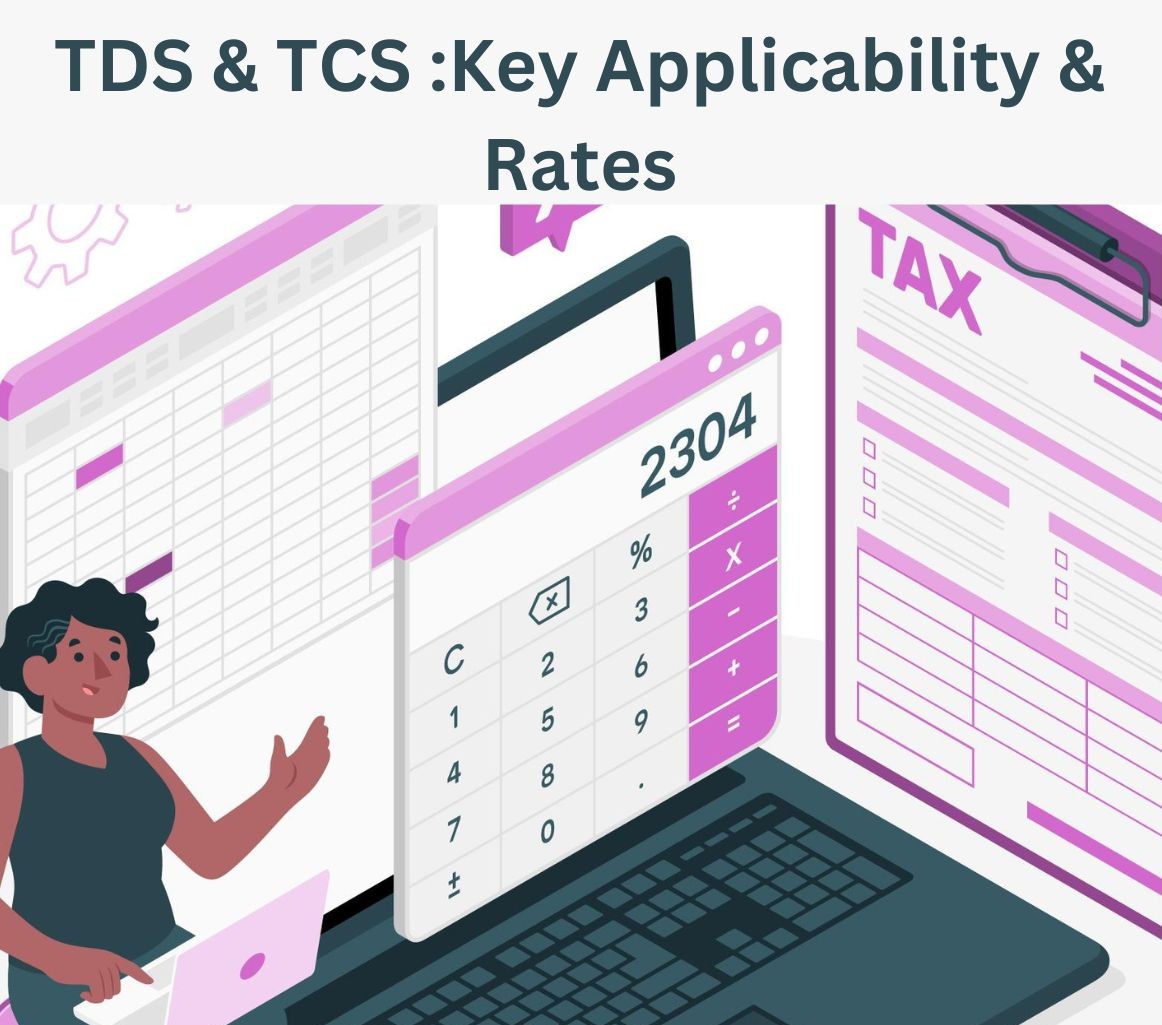Blog Details
5. Section 285BA: Reporting Specified Financial Transactions

Understanding Section 285BA of the Income Tax Act
One of the critical components of The Indian Income Tax Act is Section 285BA, which deals with the reporting of specified financial transactions (SFTs) by certain entities. Understanding the nuances of Section 285BA is essential for both individuals and entities that engage in significant financial activities.
In this blog, we will explore the key aspects of Section 285BA, its implications, and the responsibilities it imposes on various entities.
What is Section 285BA?
Section 285BA was introduced to enhance the transparency and traceability of financial transactions in India. It mandates the submission of an annual information return (AIR) by specified entities to the Income Tax Department, detailing particular high-value financial transactions. The primary objective is to curb tax evasion and ensure that all significant financial activities are reported to the tax authorities.
Key Features of Section 285BA:
Who are those Specified Entities:
Certain entities are obligated to report under Section 285BA. These include :
- any person liable for Tax Audit under Section 44AB,
- banking companies,
- mutual funds,
- institutions issuing credit cards,
- registrars or sub-registrars of properties, and
- stock exchanges, among others.
What are those Specified Financial Transactions (SFTs):
The transactions that need to be reported include cash deposits exceeding a specified limit, purchase of immovable property, credit card payments above a certain threshold, investments in mutual funds and shares, and more. The specific thresholds and types of transactions are periodically updated by the government.
Form 61A:
The entities required to report must file an annual information return using Form 61A. This form must be filed with the Income Tax Department annually. The due date prescribed for filing this form is May 31st of the following financial year.
Penalties for Non-Compliance:
Failure to comply with the reporting requirements can result in substantial penalties. Non-filing or incorrect filing of Form 61A can attract penalty of five hundred rupees for every day during which such failure continues.
Importance of Section 285BA:
Section 285BA plays a crucial role in maintaining the integrity of the tax system in India. By mandating the reporting of high-value financial transactions, it helps in:
- Detecting and Preventing Tax Evasion: The information provided under Section 285BA enables the tax authorities to track significant financial activities and detect any discrepancies or attempts at tax evasion.
- Promoting Transparency: Regular reporting of financial transactions ensures transparency in the financial system, making it harder for individuals and entities to engage in fraudulent activities.
Conclusion:
In summary, while Section 285BA may seem like a complex regulation, it serves an essential purpose in the broader context of financial governance. By mandating the reporting of specified financial transactions, it ensures that significant financial activities are monitored and that the tax system remains robust and fair.
Copyright | All Rights Reserved H M R R & Associates























